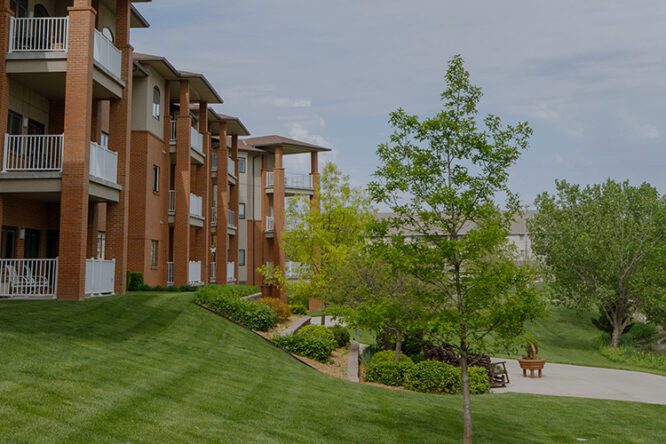In 2018, Goodwin Living created a program that helps employees pursue their U.S. citizenship and even pursue citizenship for family members. Six years later, that program is thriving and has become a valuable recruitment and retention tool for Goodwin Living.
Valerie Burke, chief philanthropy officer at Goodwin Living, recently appeared as a guest on our weekly Roundtable gathering where she shared details about the Citizenship Application Program at Goodwin Living and how other communities can create similar programs of their own. Below are three takeaways from that conversation.
INSPIRATION BEHIND THE PROGRAM
Valerie shared a story about Rita Siebenaler, a former social worker and resident, who highlighted the challenges immigrants face when starting new lives in the U.S. Learning that the application fee for U.S. citizenship was over $700, Rita recognized that many of the workers supporting their families with multiple jobs couldn’t afford it.
Rita proposed raising funds to cover these fees. With the support of the Goodwin Living Foundation, they raised $40,000 in a few weeks, leading to the creation of the Citizenship Program.
DETAILS ABOUT THE PROGRAM
The Citizenship Program is open to employees with six months of tenure. The program has expanded to include coverage for citizenship applications fees for up to two additional family members after one year of employment. The program also includes fees for DACA renewals, work permits and green card renewals.
STRONGER BONDS BETWEEN RESIDENTS AND EMPLOYEES
Valerie noted that residents sometimes get involved to help tutor employees in preparation for their citizenship test which leads to wonderful bonds between residents and team members.
HELPING EMPLOYEES HELPS THE COMMUNITY
Valerie emphasized that while the Citizenship Program highlights the impact of generosity for a nonprofit, it also presents a low-cost, high-impact effort for for-profit organizations.
The Citizenship Program enhances employee inclusion and differentiates Goodwin Living among senior living organizations. It also attracted more volunteers and supporters for their Foundation, aiding in areas such as tuition support and emergency grants.



